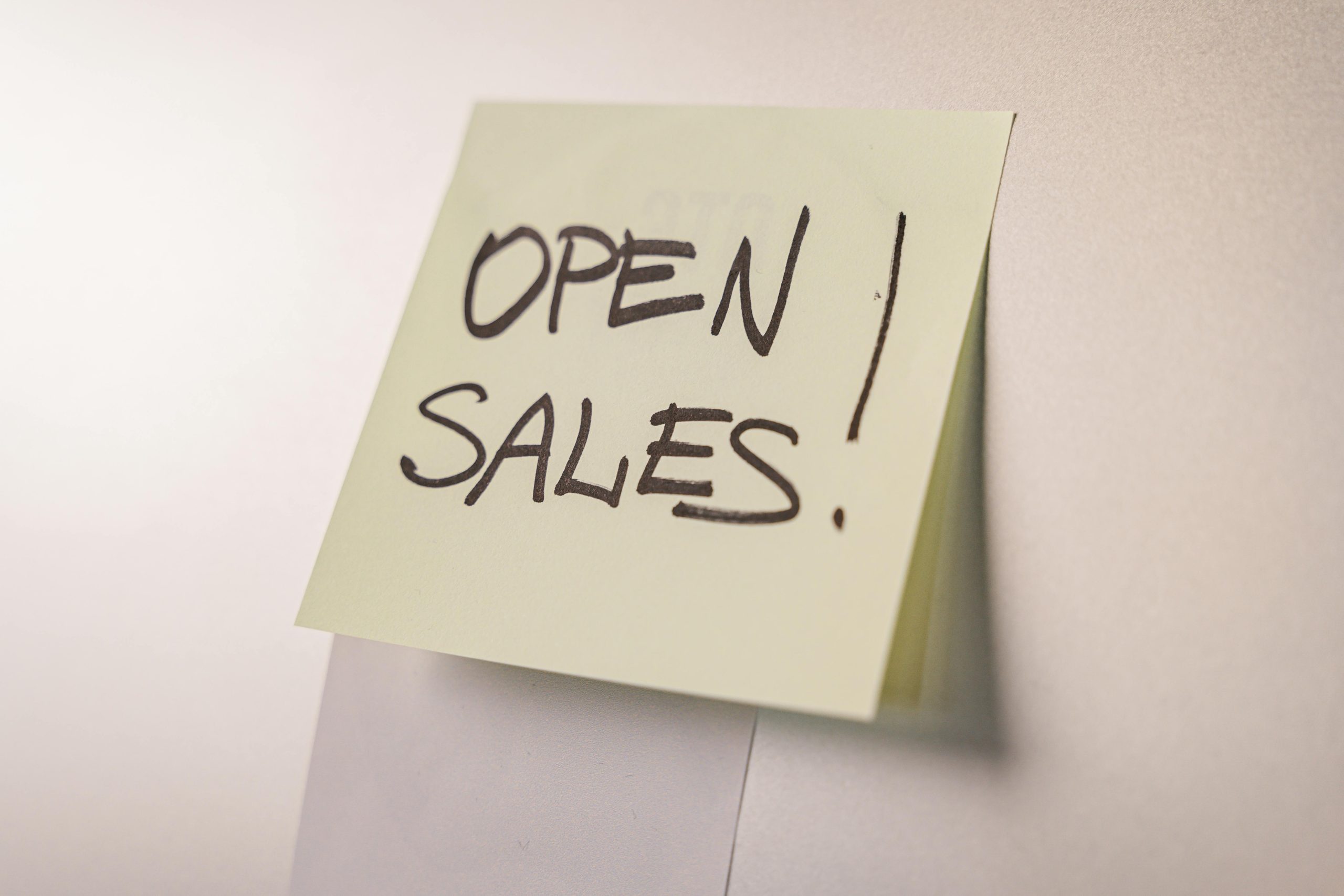Mastering Remote Communication: A Guide for Property Managers on the Go
Hello, fellow property managers!
As the owner of a small property management company, I often find myself grappling with the complexities of maintaining seamless operations while I take some much-needed time off. Whether I’m on vacation or just away for the day, I’m always concerned about keeping commitments to tenants—like sending out lease renewals, managing maintenance requests, and handling billing matters—on track and timely.
This leads me to wonder: how do others in our field manage critical communications during their absence? Have you discovered any tools or strategies that ensure tenants receive their information promptly, even when you’re not on-site to supervise things directly?
In my exploration of this topic, I’ve come across a few effective solutions that could streamline our processes, allowing us to be more hands-off without sacrificing quality service:
-
Automated Email Systems: Setting up automated email responses for common inquiries can save valuable time. Services like Mailchimp or even simple autoresponder features in your email program can handle tenant inquiries or send out reminders for lease renewals efficiently.
-
Property Management Software: Utilizing robust property management platforms like Buildium or AppFolio can allow you to schedule maintenance requests, invoice tenants, and communicate critical notices without needing to log in daily. Many of these tools offer mobile apps, so you can manage tasks on the go.
-
Communication Protocols: Establishing clear protocols can minimize disruptions. Inform your tenants about whom to contact when you’re unavailable and ensure they have all the necessary information upfront. This can help manage expectations and keep the lines of communication open.
-
Scheduling Regular Updates: Before heading out, I often prepare a schedule for updates to be sent to tenants, detailing everything from upcoming maintenance work to reminders about lease expirations.
-
Delegate Responsibilities: If possible, enlist the help of a trusted colleague or an assistant who can oversee operations while you’re away. This person can serve as a point of contact for tenants and ensure that urgent matters are resolved in a timely manner.
I’m keen to hear your thoughts and experiences! What methods have you found successful in maintaining essential communications while you’re away? Let’s share our best practices to continuously improve the way we manage our properties—even from a distance.
Looking forward to your insights!










2 Comments
Managing a property from a distance can indeed be challenging, but with the right systems in place, you can maintain smooth operations even while you’re on vacation or away for business. Here are some effective strategies and tools to consider for managing communications and tasks remotely:
1. Utilize Property Management Software
Investing in a property management platform can automate many tasks and streamline communications. Look for software solutions that offer features such as:
2. Create Comprehensive Templates
Develop templates for common communications such as lease renewals, maintenance notices, or billing information. This way, your communication is consistent and professional, and you can quickly edit and send them as needed. Popular tools for managing templates include:
3. Delegate Responsibilities
Having a trusted team member or assistant is crucial when you are away. Whether it’s a virtual assistant or a trusted employee, ensure they are fully briefed on their tasks and have access to necessary systems. You might want to create an operations manual that outlines common scenarios they might encounter and how to handle them.
4. Establish Clear Communication Channels
Use reliable communication tools that allow you to stay connected with tenants and staff, whether through email, text, or apps like Slack or WhatsApp. Set up specific timeframes for handling urgent inquiries and communicated those expectations to your tenants. Consider automatic replies to emails that inform tenants you’re away, along with alternative contacts for emergencies.
5. Schedule Regular Check-ins
If you’re going to be away for an extended period, consider scheduling regular (daily or weekly) check-ins with your team. A simple video call or message can keep you updated on any pressing issues and ensure that your team has guidance as needed. Tools like Zoom or Microsoft Teams make this easy to arrange.
6. Use Calendar Management Tools
Utilize a shared calendar tool like Google Calendar or Calendly to keep track of important dates—both for your schedules and your tenants’. You can set reminders for lease renewals, maintenance schedules, or tenant communications that need your attention.
7. Set Up an Emergency Protocol
Ensure you have a plan in place for emergencies. This might involve creating a list of trusted tradespeople who can handle urgent maintenance without requiring your approval for every detail. Make sure your tenants know how to reach them and what constitutes an emergency.
8. Feedback Mechanism
When you return, gather feedback from both your team and tenants about how everything went during your absence. It helps you understand what works and what needs improvement, allowing for continuous enhancement of your remote management process.
By implementing these practices and utilizing technology effectively, you can ensure that your property management duties continue seamlessly, giving you peace of mind while you’re away.
Thank you for sharing these valuable insights on maintaining communication as property managers while away! It’s a challenge that many of us face, and your recommendations are solid.
I’d like to add to the discussion by emphasizing the importance of transparency in communication. In addition to the tools and strategies you’ve mentioned, consider implementing a centralized communication platform, such as Slack or Microsoft Teams. These platforms not only allow for quick messaging but can also be integrated with various management software to streamline updates and tasks. By creating specific channels for maintenance requests, tenant inquiries, and emergency contacts, you can ensure everyone stays informed and engaged, regardless of your physical location.
Moreover, taking the time to craft a detailed FAQ document for tenants can empower them to find answers independently during your absence. This approach not only eases your workload but also fosters greater tenant satisfaction by providing them immediate access to information.
Lastly, don’t underestimate the potential of regular virtual check-ins, either through video calls or scheduled updates via email or social media. These sessions can help reinforce your commitment to tenant engagement and reassure them that they are valued, even when you’re not physically present.
By utilizing a mix of technology, clear protocols, and empowering tenants through resources, we can maintain a high level of service and efficient communication while enjoying our time away. Looking forward to hearing more ideas from everyone!